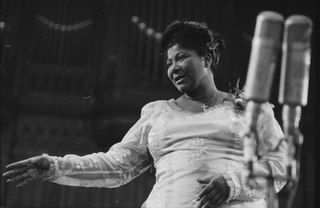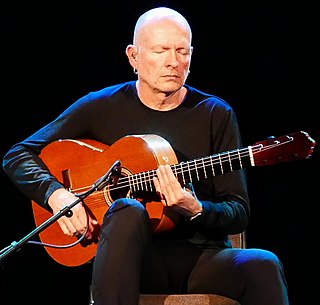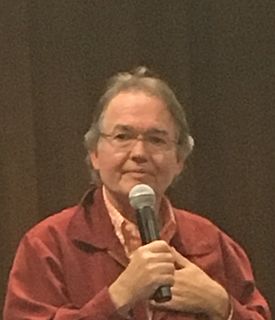A Quote by Ludwig Goransson
In western classical music with an orchestra, you focus the orchestra on melodies and harmony. In African music, the biggest focus is on rhythms and counter-rhythms - the complexity of rhythms.
Related Quotes
A human body can think thoughts, play a piano, kill germs, remove toxins, make a baby all at once. Once it's doing that your biological rhythms are actually mirroring the symphony of the universe because you have circadian rhythms, seasonal rhythms, tidal rhythms you know they mirror everything that is happening in the whole universe.
I basically love classical music. I love a lot of musicians playing together and the whole culture of that whether it's Indian or it's Western. But in India, I think it's limited to filler music unfortunately. That's one thing I want to push in India where we have the infrastructure of an orchestra where you play Indian melodies with an orchestra and something different for a universal audience. It requires a lot of work from me.
It [music] has an awakening function. Life is a rhythm. Art is an organization of rhythms. Music is a fundamental art that touches our will system. In Schopenhauer's The World as Will and Idea he speaks of music as the sound that awakens the will. The rhythm of the music awakens certain life rhythms, ways of living and experiencing life. So it's an awakener of life.
Flamenco is Arabic music and rhythms filtered through centuries of gypsies making music. The gypsies themselves came originally from India. And then there is the Caribbean influences... This whole idea that there is any such thing in music that "purity" is bunk, it just doesn't exist. I love that I am playing these rhythms to people. And the next time they hear something that's maybe a little more exotic, I have created a little bridge, and they are going, "Oh, this actually sounds really cool. It reminds me a little bit of that, but it's something different."





































